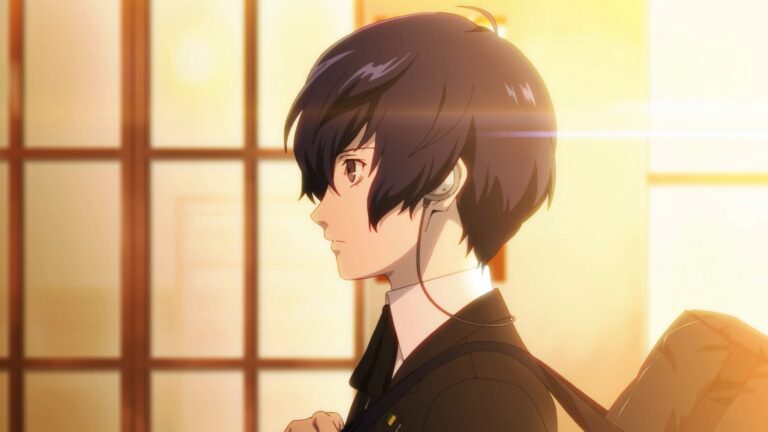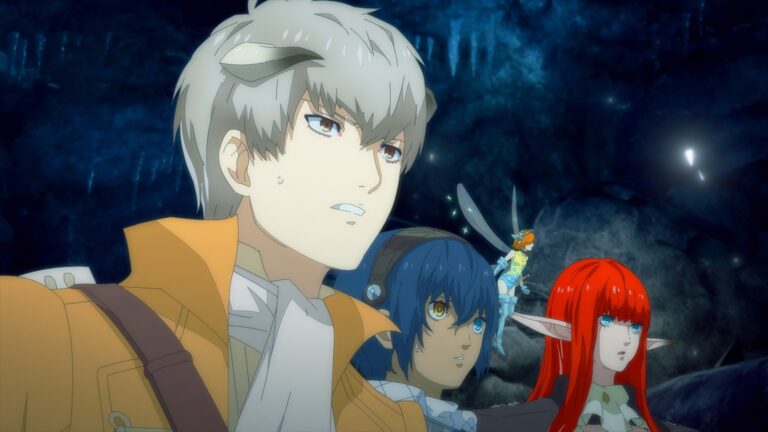The Entertainment Software Rating Board (ESRB) has just announced a new description targeted for for games with loot boxes. The new interactive element is called the ‘In-Game Purchases’, and it will warn parents and buyers when a game offers the ability to purchase additional items without leaving the game.
This new Interactive Element, In-Game Purchases (Includes Random Items), will be assigned to any game that contains in-game offers to purchase digital goods or premiums with real world currency (or with virtual coins or other forms of in-game currency that can be purchased with real world currency) for which the player doesn’t know prior to purchase the specific digital goods or premiums they will be receiving (e.g., loot boxes, item packs, mystery awards). In-Game Purchases (Includes Random Items) will be assigned to all games that include purchases with any randomized elements, including loot boxes, gacha games, item or card packs, prize wheels, treasure chests, and more. Games that have the In-Game Purchases (Includes Random Items) notice may also include other non-randomized paid elements.
A lot has been debated about whether if or not some gaming companies are trespassing the line between DLC and gambling. Loot Boxes are not just a way to introduce new features at premium cost in a game. Scientific investigation has proven that developers are including a lot more to trigger players to get addicted. Sounds, colors, special offers, are some of the deep psychological aspects that companies are using to generate a bigger income. Governments in Europe has been the leaders in trying to stop this practice, as it can get affect mental health, specially if it’s targeted at a young audience.
According to research, parents are far more concerned about their child’s ability to spend real money in games than the fact that those in-game purchases may be randomized…. We want to ensure that the new label covers all transactions with randomized elements.
The official description of the ESRB does not mention the term ‘Loot Boxes’, as the rating board has officially decided for less vague description. In-Game Purchases (Includes Random Items), while this not suggest anything related to the gambling nature of the loot boxes, it is definitely a step forwards to a more consumer friendly industry.
Moreover, we want to avoid confusing consumers who may not be familiar with what a loot box is. Recent research shows that less than a third of parents have both heard of a loot box and know what it is. “Loot box” is a widely understood phrase in and around the video game industry and among dedicated gamers, but most people less familiar with games do not understand it. While this new label is primarily in response to feedback from game enthusiasts, it is still essential that all consumers, especially parents, have a clear understanding of the rating information we provide.
The industry has changed a lot since smartphones became a somewhat powerful platforms for gaming, companies found out that small in game purchases might be way more lucrative than the initial price of a game. Unethical practices had found an economical success, thus, changing how developers look at consumers. Epic Games’ CEO Tim Sweeney defined the situation as a “costumer adversarial model”, while pointing at Google and Facebook as the ones leading the industry to a gambling scenario like Las Vegas.
Stay tuned at Gaming Instincts via Twitter, YouTube and Facebook for more gaming news.
No related posts.






